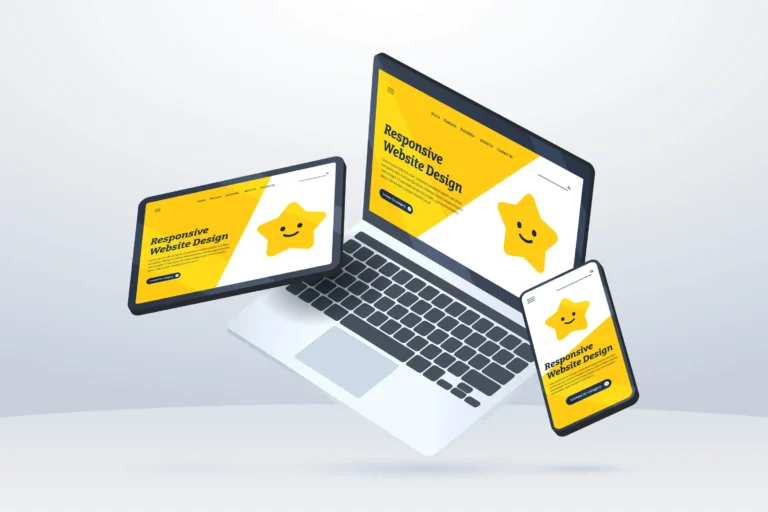Having a website for companies that have products they want to sell and market has become an urgent necessity in today’s digital age. Here are some reasons why this is important:
Reach a wider audience
A website allows businesses to reach a global audience rather than relying solely on local customers. Customers from all over the world can visit the website and learn about the products and services the company offers.
24/7 availability
The website is open 24/7, which means customers can visit the site and purchase products at any time, even outside of traditional business hours. This increases sales opportunities and enhances customer satisfaction.
Digital Marketing
A website is the foundation of any digital marketing strategy. It can be used as a platform to publish marketing content, such as articles, blogs, and videos, as well as to run online advertising campaigns such as Google Ads and Facebook Ads.
Improve customer experience
Through the website, businesses can provide detailed information about products, including images, descriptions, prices, and reviews. This helps customers make informed purchasing decisions and enhances their shopping experience.
Building trust and credibility
Having a professional website enhances the credibility of the company in the eyes of customers. The website can contain testimonials from previous customers, success stories, and legal information, which increases customer confidence in the company and its products.
Data analysis
The website provides companies with the ability to collect and analyze customer data and their purchasing behavior. This data can be used to improve products and services, customize marketing offers, and increase the effectiveness of advertising campaigns.
cost effective
Compared to traditional marketing methods, website marketing is more cost-effective. Small and medium businesses can take advantage of this feature to achieve wide exposure without the need for huge budgets.
Interact with customers
The website provides multiple channels for interacting with customers, such as live chat, contact forms, and email. This makes it easier for customers to ask questions and get support, which increases their satisfaction and loyalty to the company.
Adapting to market changes
The website can be easily updated to keep up with changes in the market and customer needs. New products can be added, prices updated, and promotional campaigns launched quickly and effectively.
Competitiveness
In a competitive market, having a website can be the deciding factor that sets a company apart from its competitors. A website can reflect a company’s identity and values, and provide a unique experience for customers.
In addition to the above mentioned benefits, the website can be a platform to provide additional services such as technical support and customer service. By providing a FAQ section or a forum for users, companies can reduce the pressure on support teams and provide quick and effective solutions to customers. The website can also be used to collect customer feedback and suggestions, which helps in continuous improvement of products and services.
Furthermore, a website can be an effective way to build a community around a brand. By creating a blog or posting valuable content, businesses can attract an interested and engaged audience. This type of interaction builds customer loyalty and turns them into brand ambassadors, increasing the chances of growth and exposure.
The website can also be a powerful tool for collaboration with business partners and suppliers. By providing dedicated portals for partners, ordering and sourcing processes can be facilitated, and operational efficiency improved.
Ultimately, a website is a long-term investment that enhances a company’s ability to adapt to rapid market changes. It is not only a means of increasing sales, but also a strategic tool for building strong and sustainable relationships with customers and partners. Therefore, companies looking to succeed in the digital age should consider having a website as an essential part of their overall strategy.




